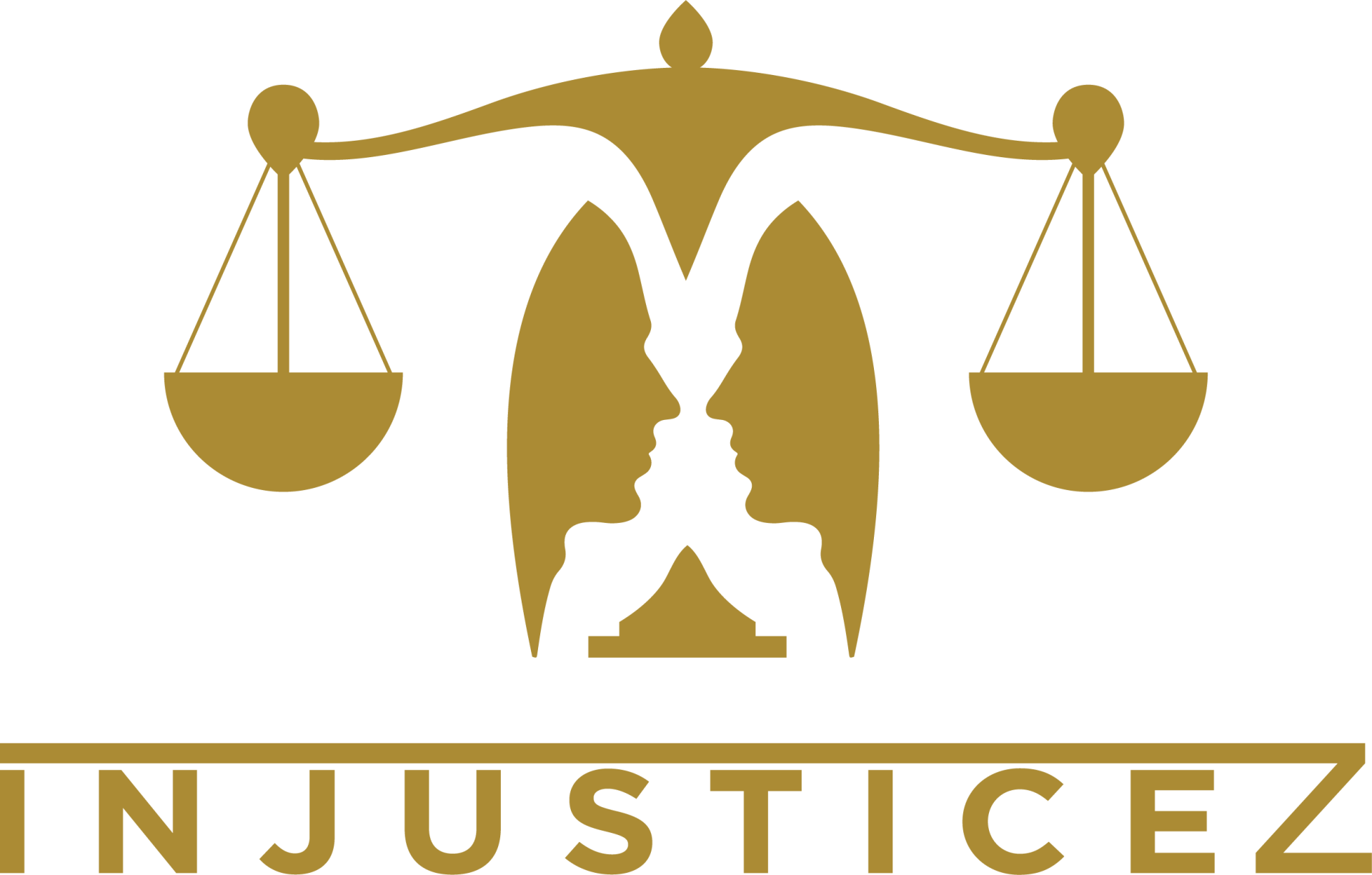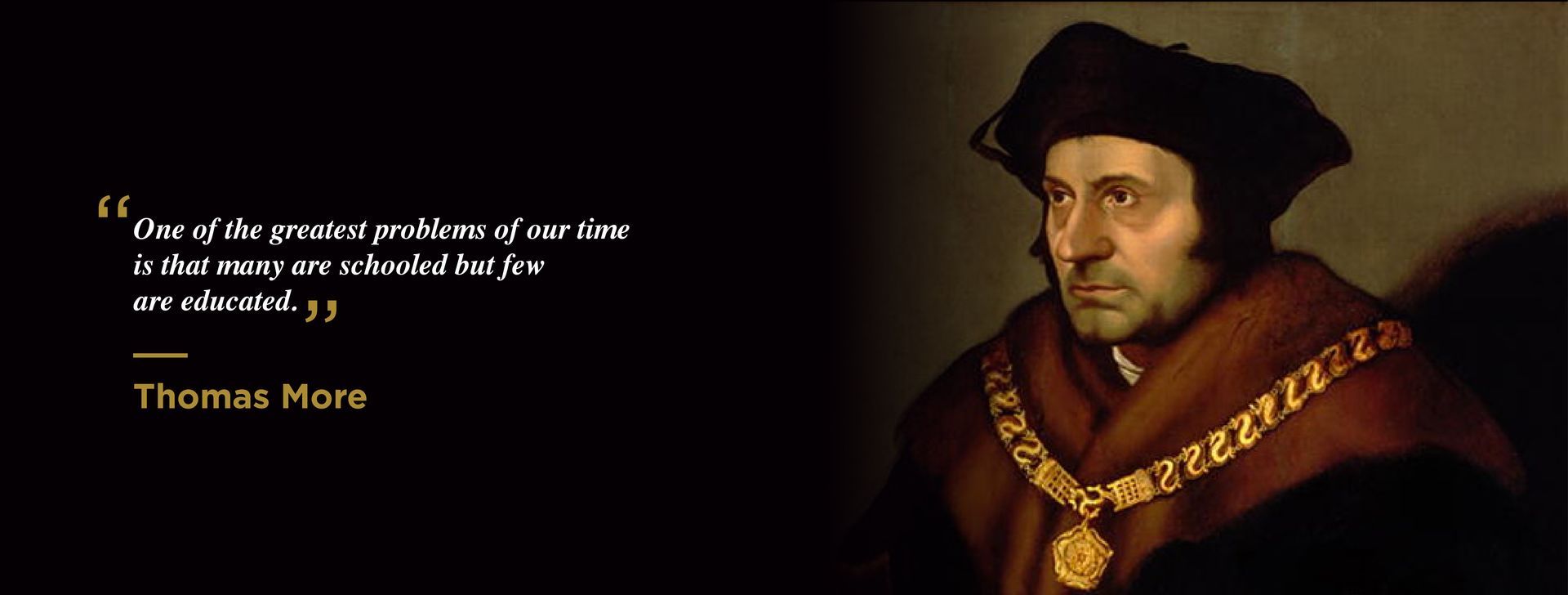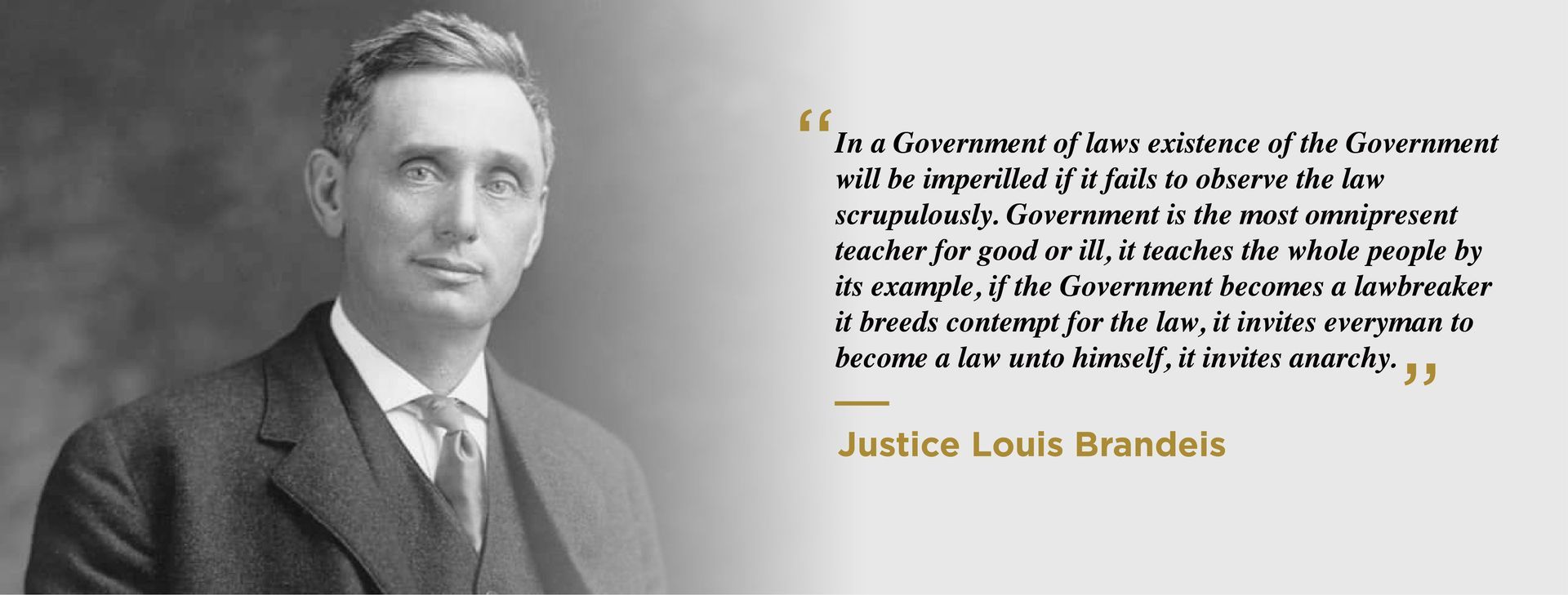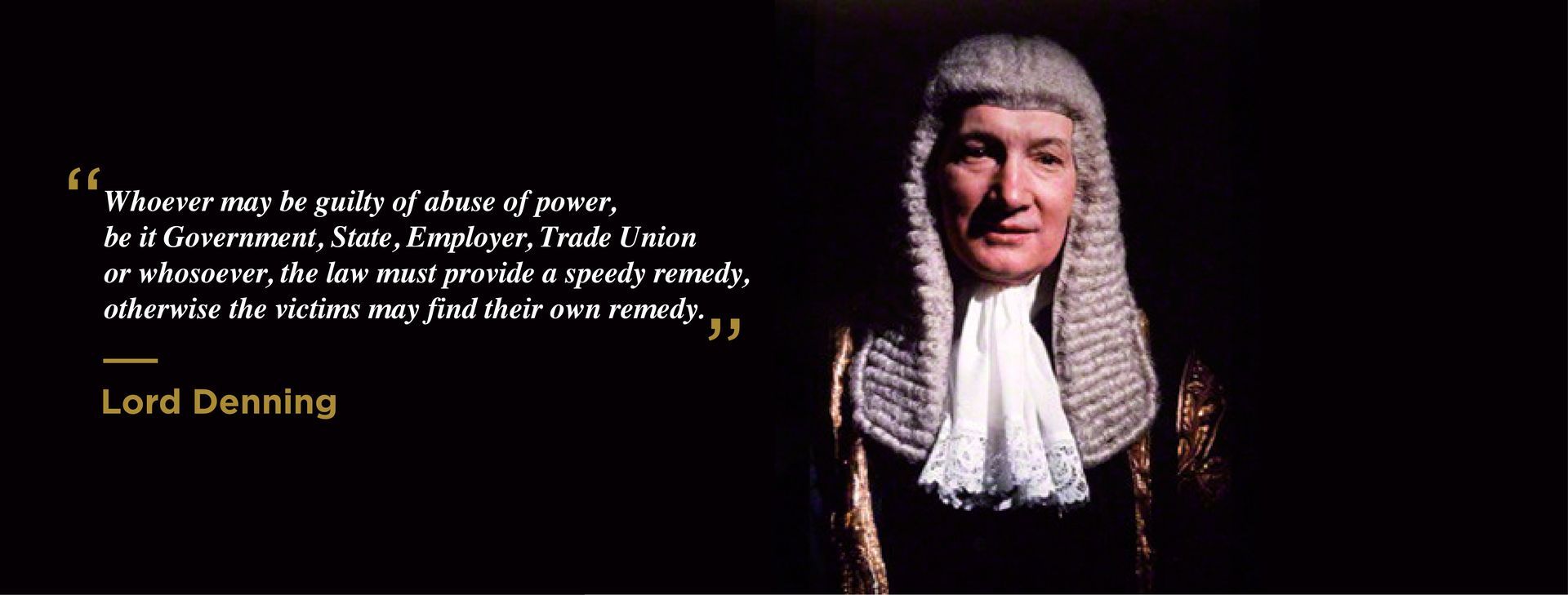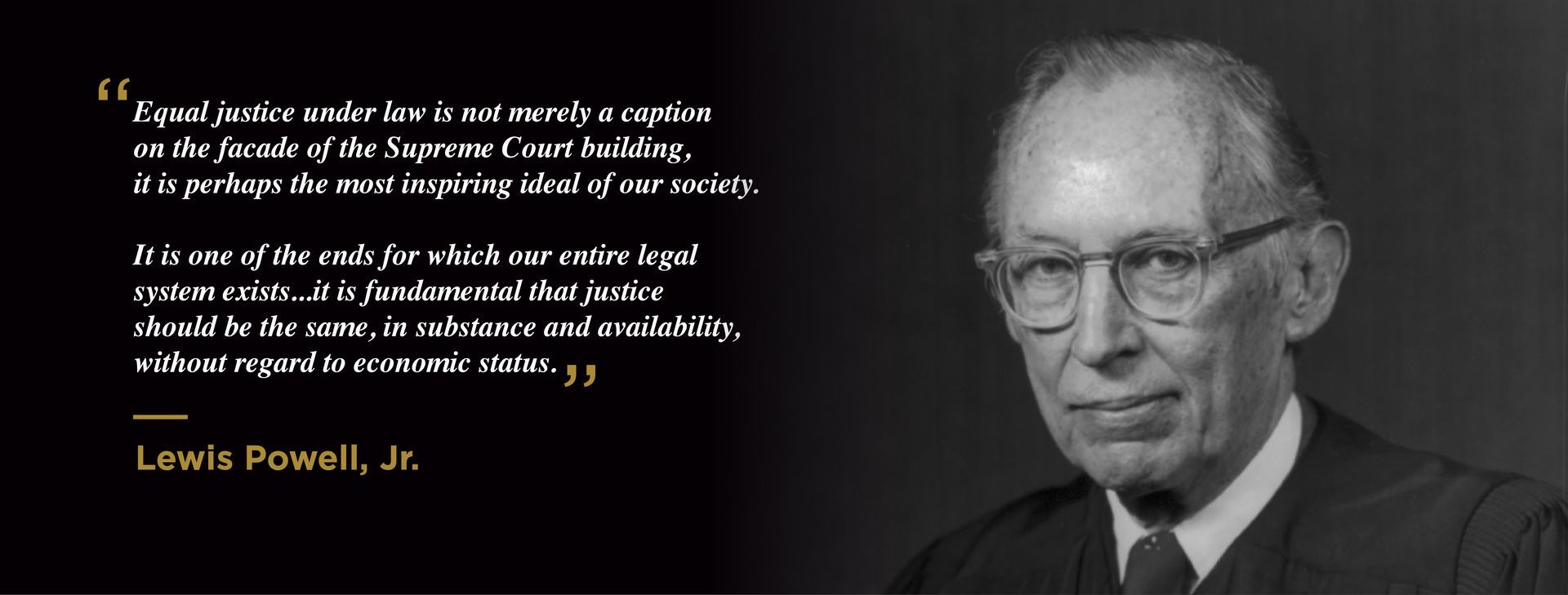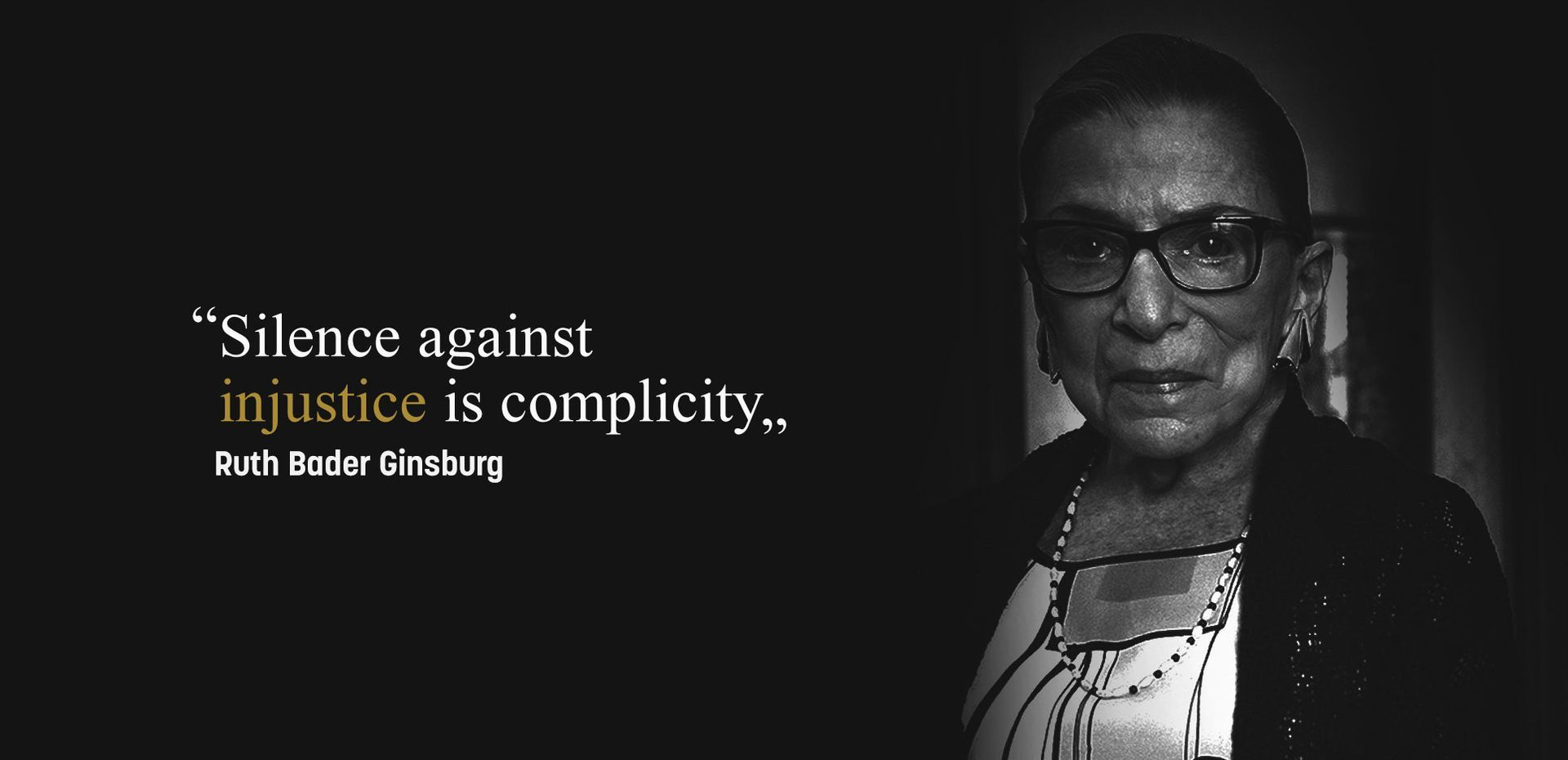Introduction
The Undermining of National and International Laws and Covenants By Corrupt Career Politicians, Lawyers, Judges and Cabals
In the complex and ever-evolving landscape of our global society, the principles of law, both national and international, have long served as pillars of stability, order, and justice. They are the instruments through which nations seek to balance power, protect human rights, and maintain a just and harmonious coexistence. Yet, these principles, forged through decades of toil, negotiation, and diplomacy, are not invulnerable. The persistent undermining of national and international laws and covenants, as well as the rule of law itself, poses profound dangers to our world and its future.
The emergence of international agreements and covenants, such as the United Nations Charter and the Universal Declaration of Human Rights, marked significant milestones in the pursuit of a more equitable and peaceful world. These documents embodied our collective aspirations for a better future, where the rights and dignity of all individuals, regardless of their nationality or origin, would be upheld. The rule of law, embedded in these agreements, serves as the bedrock upon which these noble ambitions stand.
However, the past few decades have witnessed a troubling trend of an erosion of respect for these fundamental principles. Nationalism, authoritarianism, and the quest for power at any cost have driven many to question the very structures designed to preserve our common humanity. The disregard for international law, the flouting of human rights, and the breach of solemn agreements have become increasingly prevalent, undermining the delicate fabric of global order.
The dangers of persistently undermining national and international laws and covenants are multifaceted and profound. They include the erosion of trust between nations, the destabilisation of regions, the exacerbation of conflicts, and the suffering of millions whose rights and well-being are trampled upon. The consequences ripple far beyond borders, infiltrating every facet of our lives, from economic stability to environmental sustainability.
Overall, the dire consequences of the persistent undermining culminate in heightened emphasise on the vital importance of upholding the rule of law; as individuals, communities, and nations come to recognise their shared stake in the preservation of these principles that underpin a just and ordered world. It is a reminder that the rule of law is not an abstract concept but a living, breathing force for good, capable of bringing about positive change in even the most challenging of circumstances.
As we embark on the active pursuit of eliminating the dangers posed by the erosion of our legal foundations, let us bear in mind that the solution lies in our collective resolve to uphold these principles, by endeavouring to hold leaders and governments accountable, and to foster a world where justice, dignity, and peace reign supreme; above selfish self interest. Where no one nation ever assume exclusive right to world hegemony and wield a veto power vote that cancels the will of the many unilaterally, as we currently see in the United Nations.
